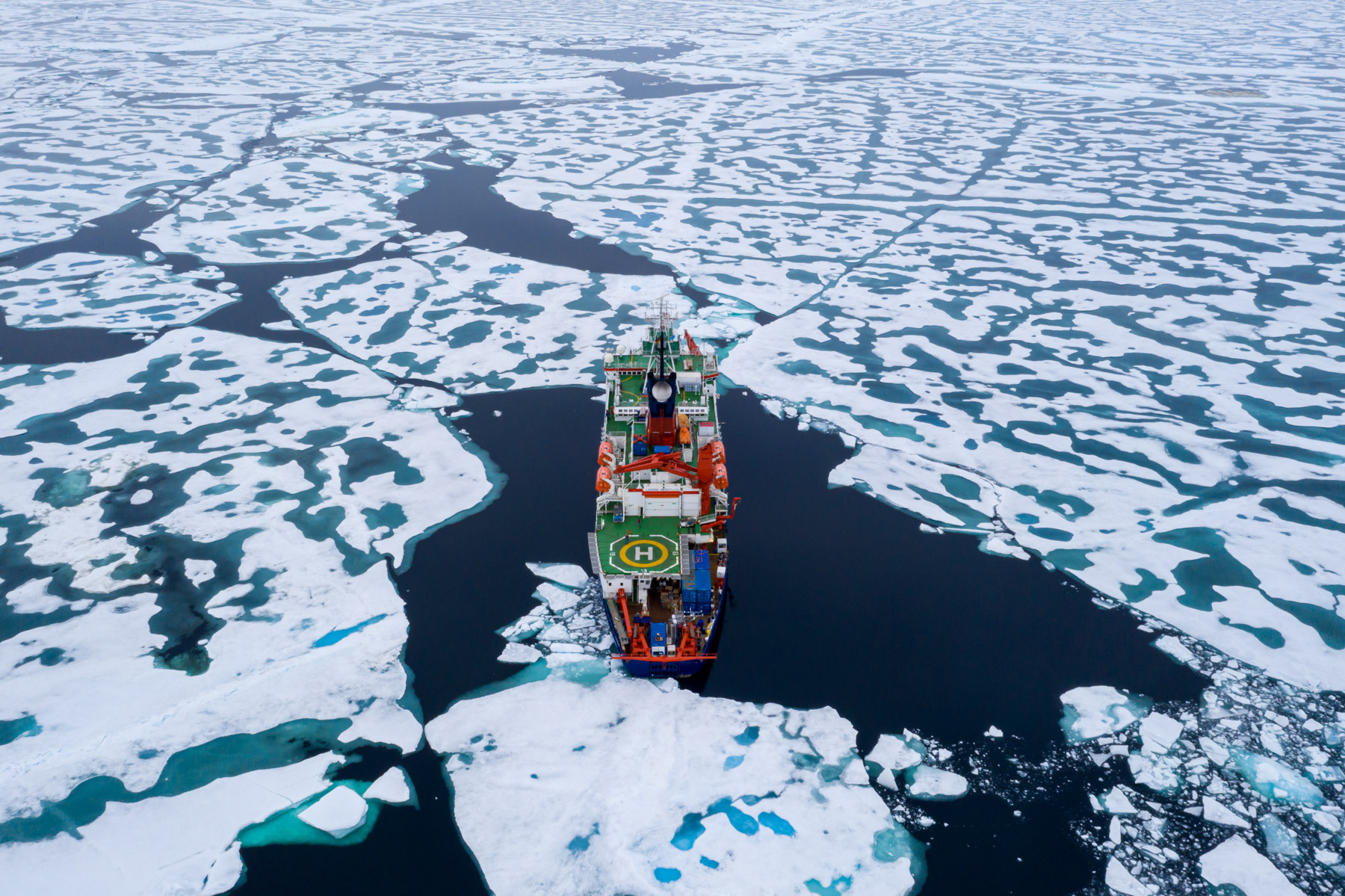‘The ice is dying,’ warns researcher as largest ever Arctic expedition concludes
"You could see it all around. You didn't need measuring instruments. The ice is dying."
Researchers returning from the largest-ever Arctic expedition have warned that polar ice is melting and that the Arctic could be ice-free in summer within a few decades if humanity does not change course.
The Polarstern (“Polar Star”) icebreaker returned to the port of Bremerhaven in Germany on Monday after more than a year drifting in Arctic ice — the most ambitious Arctic research expedition ever undertaken.
The flagship of Germany’s Alfred Wegener Institute (AWI), the Polarstern set off from Tromsø, Norway in September 2019 and headed towards the central Arctic, where it froze in the ice and began a year-long drift over the polar ice cap.
[Read more coverage of AWI’s MOSAiC expedition]
In total, 442 researchers, crew members, teachers and journalists hailing from 37 countries were involved in the five stages of the expedition, according to the AWI. Over the course of year they examined changes in the atmosphere, ice and ocean and their impact on the climate system at the “epicenter” of climate change, the Arctic.

Expedition leader Markus Rex described the challenges of the expedition — including mountains of ice appearing suddenly due to changes in pressure, cracks in the ice endangering equipment, the danger posed by polar bears and the toll of working for months on end in complete darkness during the Arctic winter.
He deemed the mission, named “MOSAiC,” a success, saying the researchers had achieved all their goals and collected a trove of data which would shape climate research for decades to come.
But he also gave a sobering description of the environment the scientists found, which appeared to be disappearing before their eyes.
“It was very evident, you could see it all around. You didn’t need measuring instruments. The ice is dying. If we keep going as we are then the Arctic will be ice-free in summer within a few decades and the world I just described will no longer exist,” Rex said.